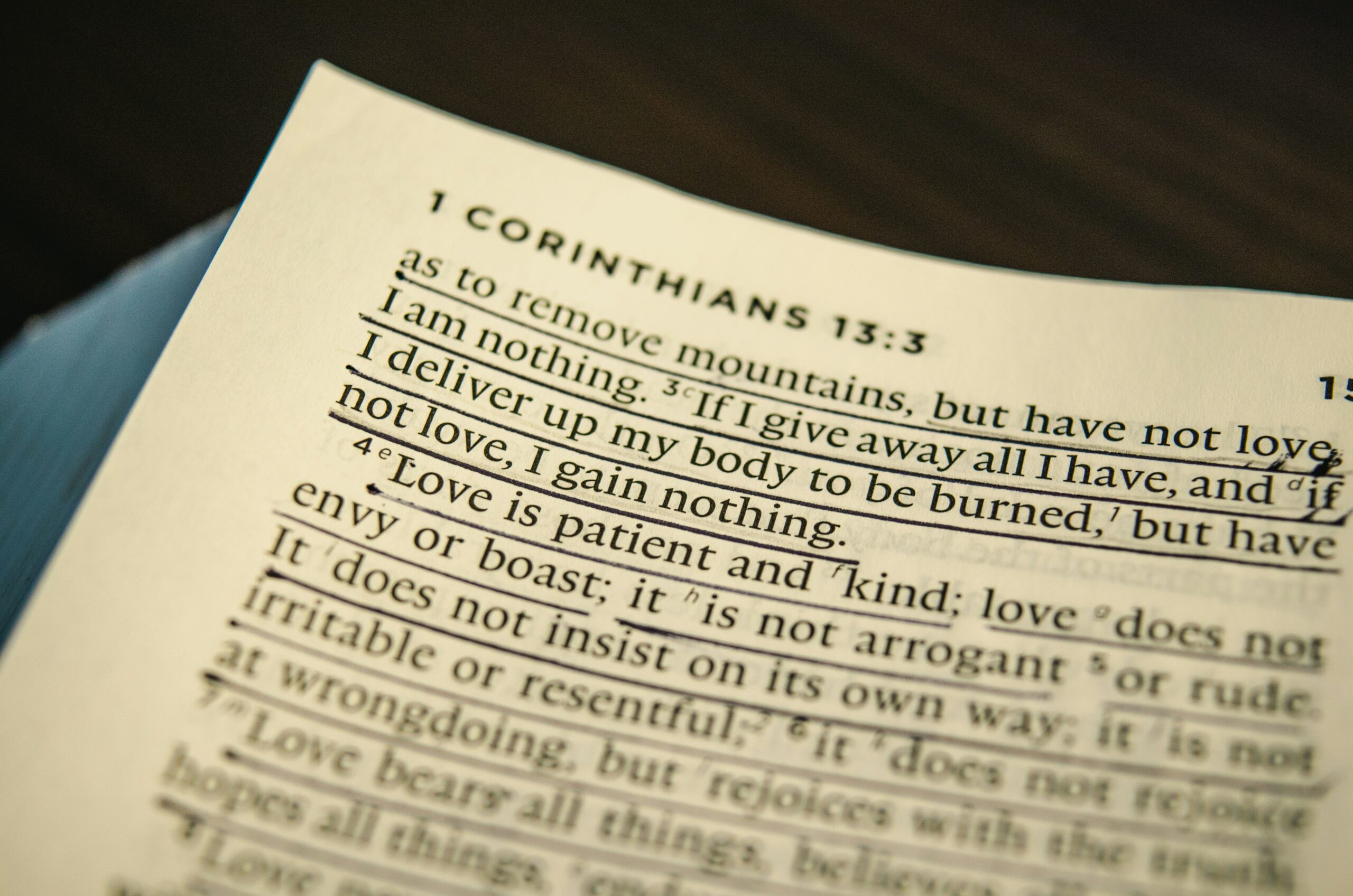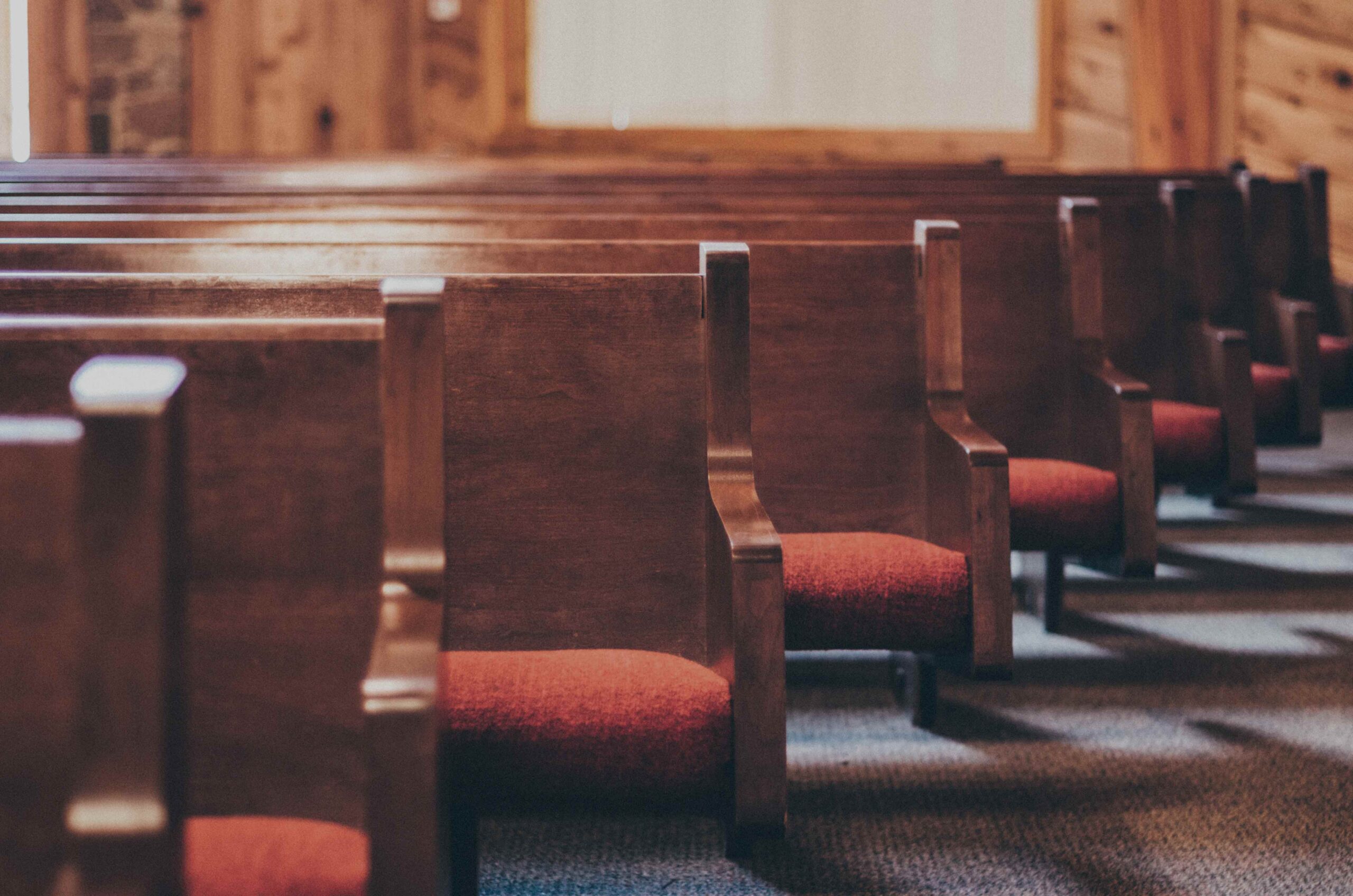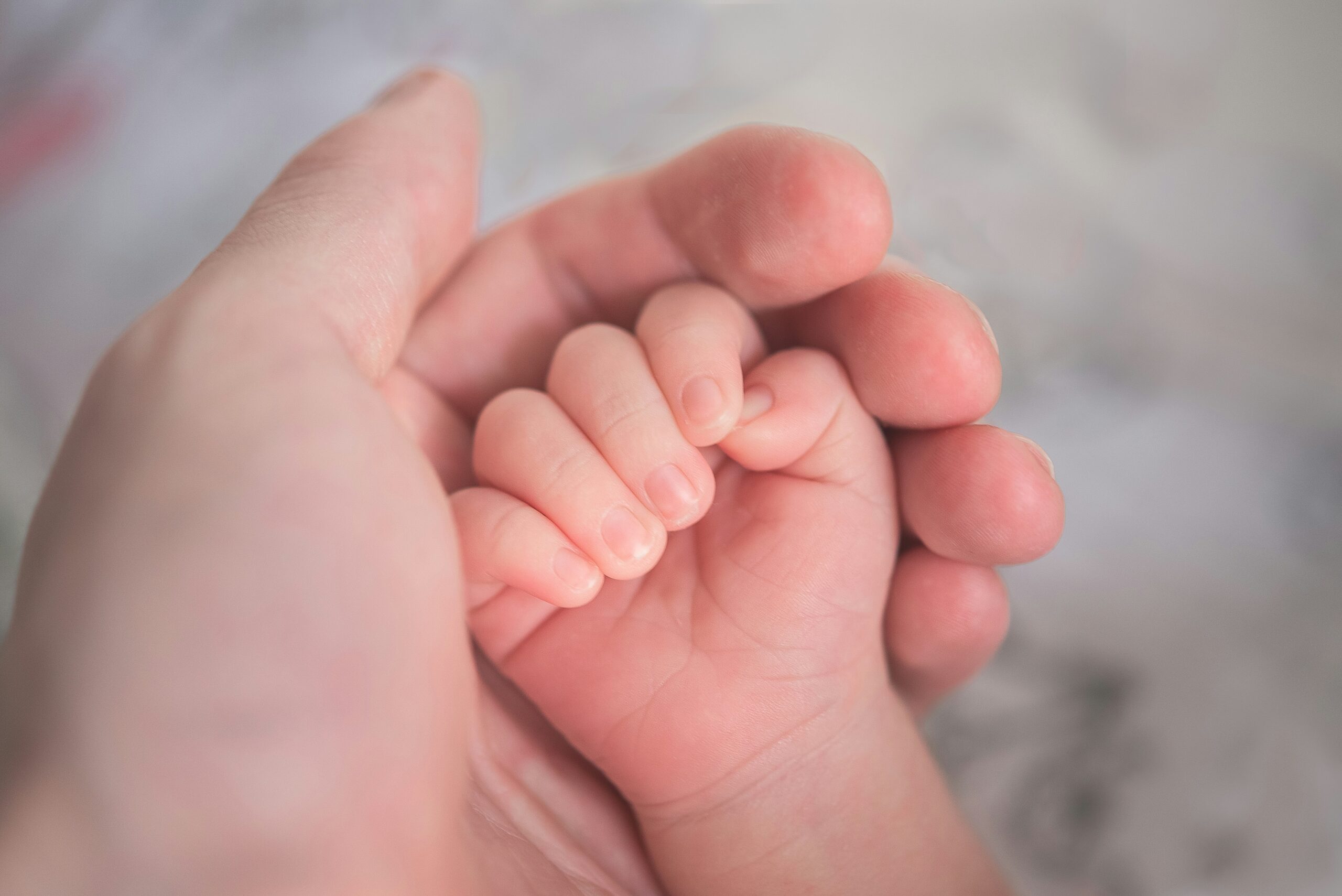The Challenge and Hope of Love
BETHANY BELUE | CONTRIBUTOR My children and I have been working our way through a Scripture memory book this school year. Each week, we focus on a different verse, learning it together, memorizing it, playing a song related to it, and weaving it into our week. It’s been a sweet way for us to hide God’s Word in our hearts together. Last week, the passage was short and simple: “Love is patient. Love is kind” (1 Cor. 13:4). Although it was a simpler verse to memorize, it brought so much depth of conversation and meditation. As my husband and I parent our children, we often talk about loving others. What does it mean to put our siblings before ourselves? How can we show kindness to our friends? How can we be patient when we have to wait for things? It’s woven into our parenting and our family values, but in my own heart, memorizing this passage with my children provoked some deeper feelings and struggles. First Corinthians 13:4-7 says, “Love is patient and kind; love does not envy or boast; it is not arrogant or rude. It does not insist on its own way; it is not irritable or resentful; it does not rejoice at wrongdoing but rejoices with the truth. Love bears all things, believes all things, hopes all things, endures all things.” It’s easy to love my children when they are obeying me, to love my husband when he is serving me, to love my friends when they are treating me kindly, but what about all the times when it’s hard to love others?...










